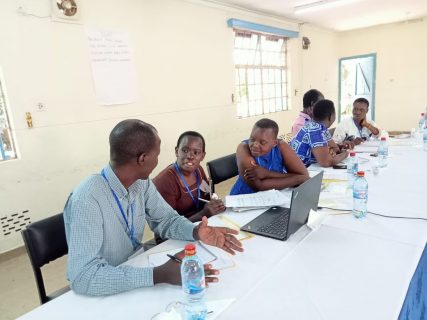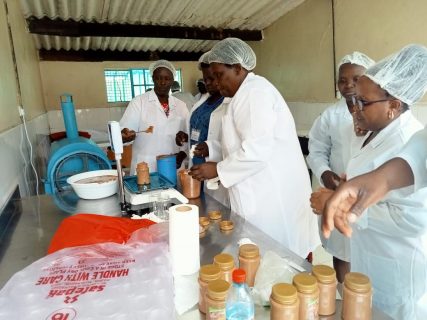Our newest summer assistant has arrived and is already hard at work. Welcome, Kana Ueno!

Kana is an undergraduate student at the University of Edinburgh in Scotland where she is majoring in Sustainable Development Studies. While she grew up in Tokyo, she has an adventurous spirit that led her to choose to study in Switzerland for high school before moving to Scotland to continue her exploration of the world.
She is a full-time summer intern with us in Tokyo this summer and is already deep into research on aquaponics and its global players, supporting field interviews on Thai edible insect products sold in Japan and beginning research into her own independent project on sustainable palm oil.
Kana explained her motivations for wanting to join us this summer. “I wanted to be a summer assistant at Meros because I liked that Meros specializes in food and agribusiness consulting. Since I have been interested in the topic of sustainability and as it is what I major in at university, I was looking for work experience where I can learn how sustainability comes up “in the real world”. After reading the description of what Meros does and how Meros navigates decision-making along the value chain in the food industry, I instantly knew I can learn something new in this environment. I am still considering several possible career paths and I really wanted to know what consulting firms do and how they approach their work.”
This summer Kana will be diving into the complex issue of sustainable palm oil and the incentives and certifications that can encourage sustainable practices in palm oil supply. She expects to conduct interviews with palm oil sourcing experts in the EU and Japan to identify some best practices and leading players in sustainable palm oil.
“Although I am just starting to dig into the topic, I am aiming to find out how sustainable palm oil is procured by companies in Japan, with specific focus on the RSPO certification system and the guidelines/policies Japanese companies have proposed in terms of palm oil procurement. I had learned in my university studies about how palm oil plantations can have a destructive impact on the environment, and I became very curious about how this issue is perceived and being approached in the Japanese food industry. I am excited to dig deeper into this topic and find out the dilemmas companies are facing in sourcing sustainable palm oil, as well as what “sustainable” palm oil really means.”
Of course, as a Team Meros member, Kana works hard, but also plays hard. “I am looking forward to meeting up with my friends to explore izakaya Japanese pubs, especially in some of our favorite Tokyo areas such as Sangenjaya and Gakugei-daigaku. Though I am not a big fan of the humid and burning hot summer in Tokyo with its annoying mosquitoes, I am excited for the summer working at Meros and spending some good quality time with my friends and family. I definitely want to go for a drive whenever possible – I don’t have that many chances to drive in Scotland and I need to keep up my driving skills! I am also planning to improve my golf game and travel with my family.”
“When I am in Scotland, out of all kinds of Japanese food, what I miss the most is definitely my mum’s homemade dishes like cabbage rolls and hijiki seaweed. I love any kind of cuisine and am always keen to try new foods, but when I am back in Tokyo nothing beats good sashimi and my izakaya favorites like dashimaki tamago, – rolled omelettes made of eggs and dashi. Yum!”









You must be logged in to post a comment.